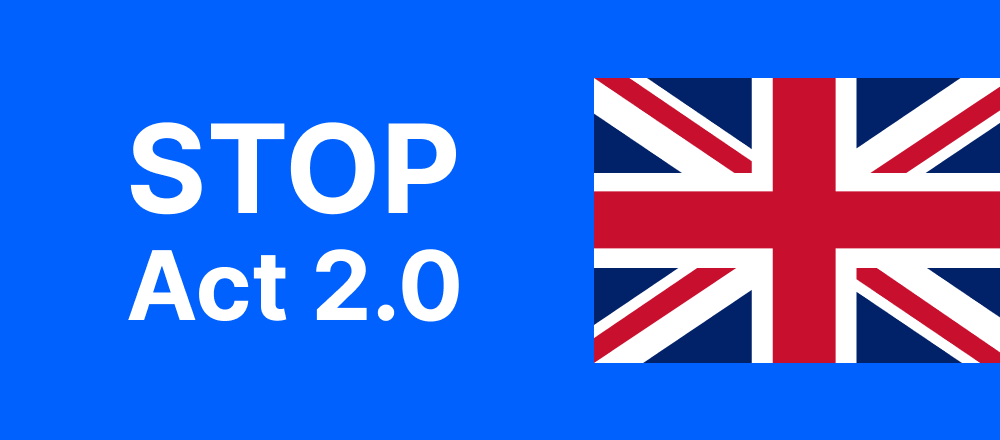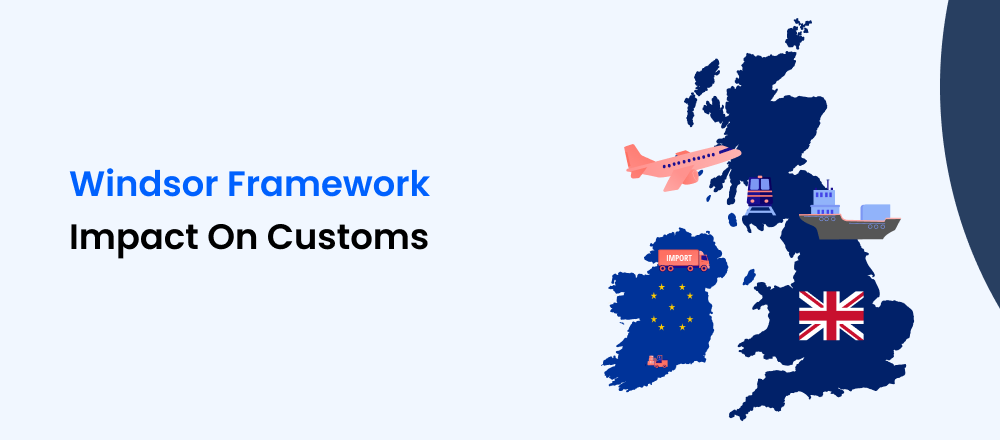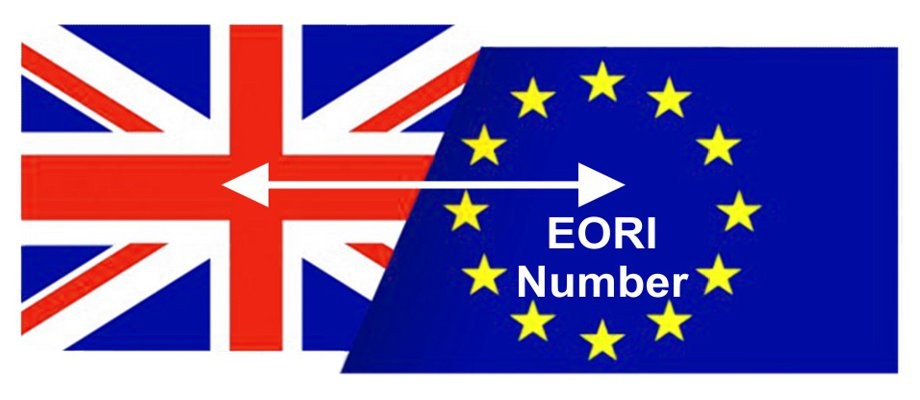The Spring Budget 2023 introduced a package of measures aimed at simplifying customs import and export processes for traders while upholding the UK’s high regulatory and security standards at the border. I will discuss some of the measures in the customs package, their impact on businesses, and the government’s plans for their implementation. The UK… Continue reading How spring Budget 2023 will impact businesses?



